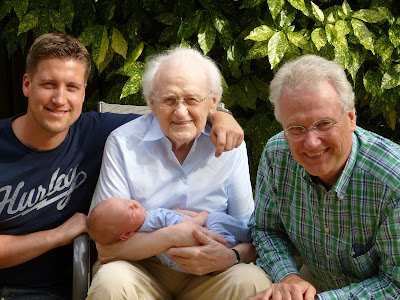Colorectal cancer in its early stages usually has no symptoms, so patients 50 and older should get screened. Importantly, in patients at any age with gastrointestinal problems, anemia or a family history of colorectal cancer, testing for colorectal cancer may need to be done much earlier.
In the vast majority
of cases, colon cancers arise from tiny polyps that will continue to grow over
time. These polyps, when small,
do not cause any symptoms. As polyps
continue to grow in size, they have an increased likelihood to develop into
cancers. Polyps are removed during a
colonoscopy to prevent cancer. Once a
polyp is fully removed, it cannot turn into cancer. The goal is to have a colonoscopy done before
an individual develops bleeding, a change in bowel habits, diarrhea,
constipation, anemia, and weight loss, which are associated with progression to
colon cancer.
Colon Cancer RISK FACTORS
People in the following
categories are at greater risk of developing the disease:
- Individuals with a personal and/or family history of polyps or cancer
- People over age 50
- Those with ulcerative colitis or Crohn’s disease
- Individuals with the genetic conditions Hereditary Nonpolyposis Colon Cancer (HNPCC) or Familial Adenomatous Polyposis (FAP)
- Individuals of Eastern European Jewish descent and certain other ethnic groups including African Americans, Native Americans, Alaskan Natives and Latinos
These
health tips are not a substitute for speaking to a qualified health-care
provider, talk to your primary care physician or specialist today!


No comments:
Post a Comment